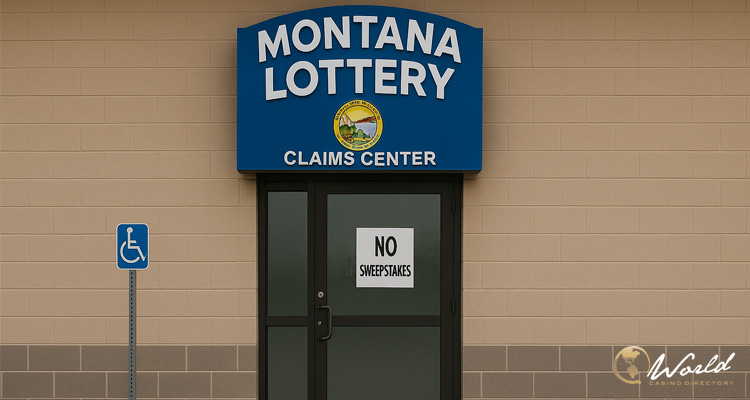Montana has made history by becoming the first U.S. state to formally outlaw online sweepstakes casinos, following Governor Greg Gianforte’s signing of Senate Bill 555 (SB555) into law. The legislation, passed by both state chambers in April, will take effect on October 1, 2025, and fundamentally alters the legal landscape for digital gambling within the state.
Felony charges and strict enforcement measures:
Although the bill stops short of directly naming any specific companies or platforms, the law’s scope makes its intentions clear. It expands the state’s definition of internet gambling to cover any online entity that accepts wagers or offers payouts in “any form of currency”—a direct reference to the virtual coin systems commonly used by sweepstakes operators like Stake.us and Fortune Coins.
SB555 introduces some of the most stringent enforcement provisions in the country. Under the new law, anyone found operating or promoting an illegal online gambling service—including offshore companies, affiliates, or advertisers—could face felony charges. Convictions may result in fines of up to $50,000 and prison terms of up to 10 years.
In addition to criminalizing these operations, SB555 redirects fines collected under the law to the Montana Department of Justice, boosting the state’s resources for enforcement and legal action.
A notable exemption in the bill allows platforms that do not use any form of currency to continue operating. This exception leaves the door open for “pure” social casinos—entertainment-only platforms that do not offer any prizes or real-money redemptions. However, whether such platforms will appeal to players accustomed to prize-based models remains uncertain.
In anticipation of the law, some operators began exiting Montana even before the bill was passed. Virtual Gaming Worlds (VGW), the company behind Chumba Casino and Luckyland Slots, ceased operations in the state earlier this year.
According to SCCG Management, Montana’s move may set a precedent for other jurisdictions. Although states like Mississippi, Florida, and Maryland have attempted similar bans, none have yet succeeded. Meanwhile, states including New York, New Jersey, and Louisiana are still considering bills that target sweepstakes-style gambling.
Industry organizations slam bill’s language:
The Social and Promotional Games Association (SPGA) has been vocal in its opposition to SB555, calling it “vague and sweeping.” The organization argues that the broad language could inadvertently affect legitimate digital promotions and rewards programs offered by non-gambling businesses.
“Montana just criminalized everyday digital promotions with a law so broadly written it fails to name what it bans,” an SPGA spokesperson stated. “It’s a dangerous precedent that could undermine consumer trust, business innovation, and long-standing legal marketing practices.”
They also warned that platforms offering no-purchase-required games with consumer safeguards could now be at legal risk, depending on how the law is interpreted and enforced.
Though Montana has taken a bold first step, efforts in other states have seen mixed results. Mississippi’s attempt to prohibit sweepstakes casinos fell apart when a sports betting provision was added to the same bill. In other states like Arkansas and Maryland, proposed bans failed to pass altogether.
Louisiana is one of the few states where progress is being made. Its Senate recently passed a similar measure, and it now awaits further consideration in the House. Meanwhile, Connecticut, New York, and New Jersey are among those with active legislation still under review.
While the success of SB555 in Montana may embolden other jurisdictions, the unique political and regulatory landscape in each state makes replication a challenge.



